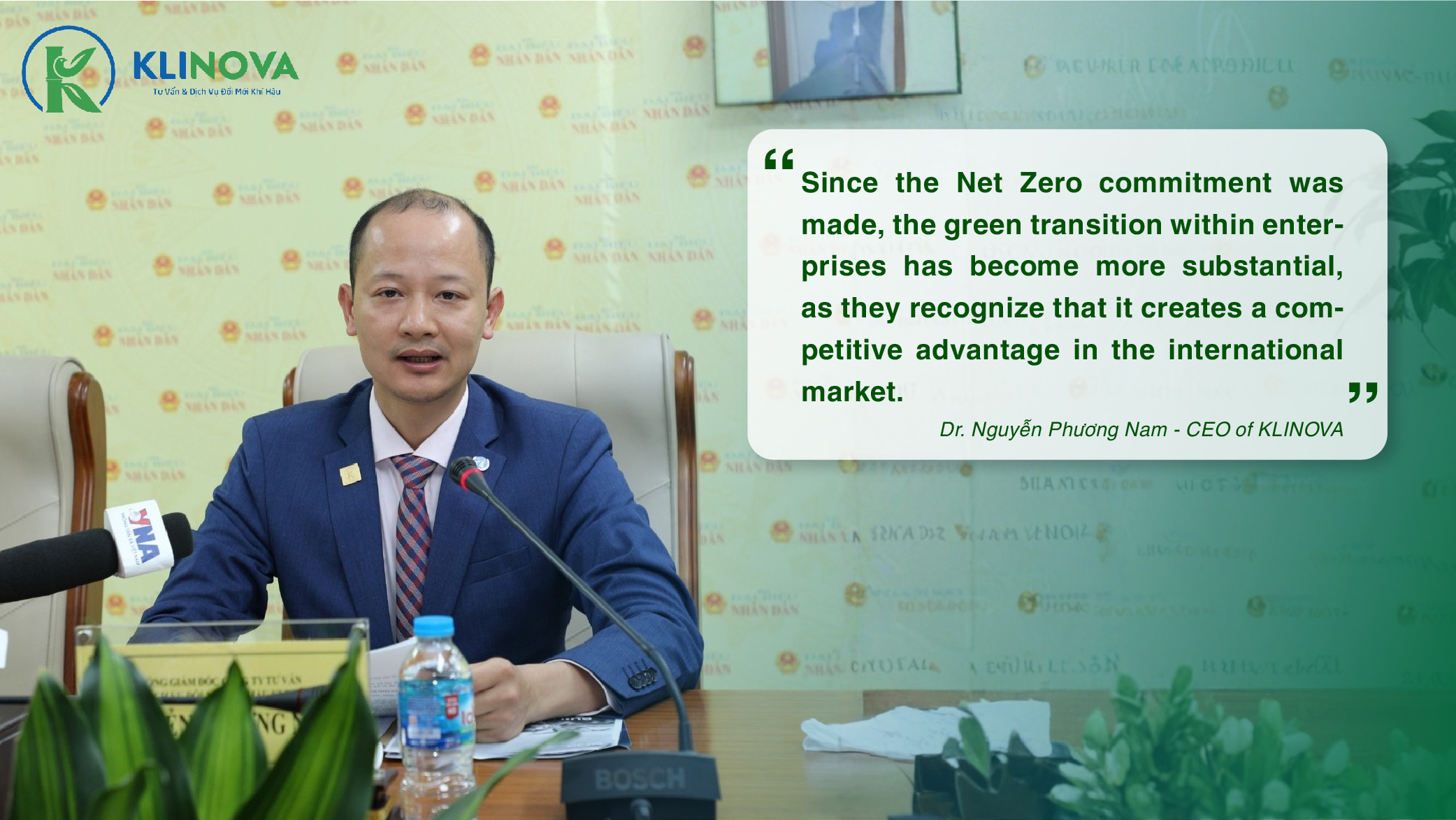The roundtable “Toward the Net Zero Goal – Opportunities and Challenges,” organized by The Vietnam National Assembly Newspaper (Báo Đại biểu Nhân dân) on October 17 in Hanoi, attracted the participation of numerous delegates, experts, and business representatives. The event featured the presence of National Assembly deputies, leaders of ministries and agencies, climate and energy experts, as well as representatives from the business community—creating an interdisciplinary forum addressing Vietnam’s commitment to achieving net-zero emissions by 2050, as pledged at COP26.
What made the roundtable particularly significant was its depth of meaning: the Net Zero target is no longer viewed as a purely environmental objective, but as a strategic opportunity to restructure the economy, enhance international competitiveness, and promote sustainable development. Many participants emphasized that Vietnam has been actively building stronger institutional frameworks and coherent policies, thereby opening up opportunities for enterprises and localities to transform their growth models toward low-emission pathways.
Alongside these positive signals, experts also candidly pointed out major challenges on the road to 2050. National Assembly Deputy Đồng Ngọc Ba, member of the Committee on Legal Affairs and Justice, noted that although the guidelines and legal framework are “relatively complete,” “much more needs to be done” to reach the Net Zero goal. Meanwhile, Mr. Đỗ Quốc Thái, Chairman of a private enterprise, expressed concern about investment capital, technology transfer, and the carbon credit verification system, saying that “measurement and verification systems remain unclear, forcing businesses to rely on themselves.” From the agricultural perspective, expert Nguyễn Đăng Nghĩa stressed that engaging farmers in emission-reduction initiatives—such as the 1 million-hectare low-emission rice program—is still in its early stages and will progress slowly without timely financial and technical support.
Attending the event as a representative of the business community, Dr. Nguyễn Phương Nam, CEO of KLINOVA, highlighted: “Since the Net Zero commitment was made, the green transition within enterprises has become more substantial, as they recognize that it creates a competitive advantage in the international market.” His remarks not only served as a reminder of environmental responsibility but also as a strategic warning to businesses: those that fail to take the initiative risk being left behind in global supply chains.

The event concluded, yet its message continues to resonate: the journey toward Net Zero is long and filled with challenges, but it remains the only viable path for Vietnam’s sustainable development. Turning commitments into practical actions—and actions into measurable results for a green transformation—is a shared call to governments, businesses, and communities alike.
- Huu Hoang -